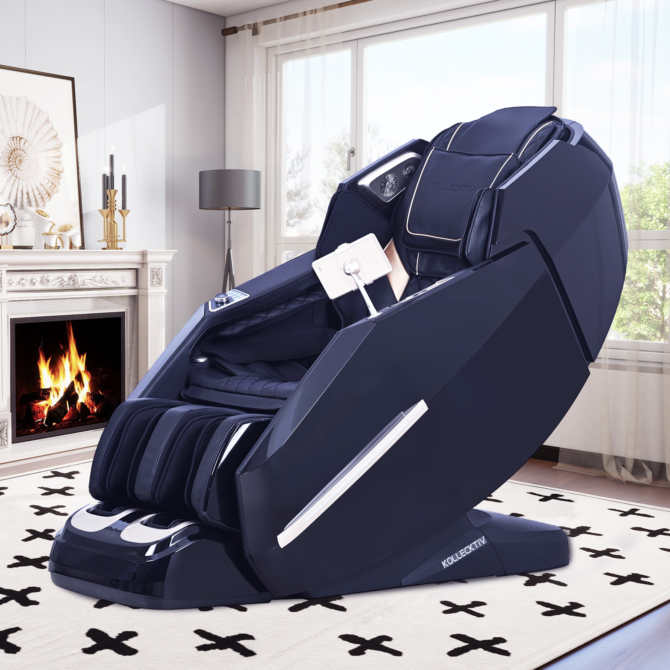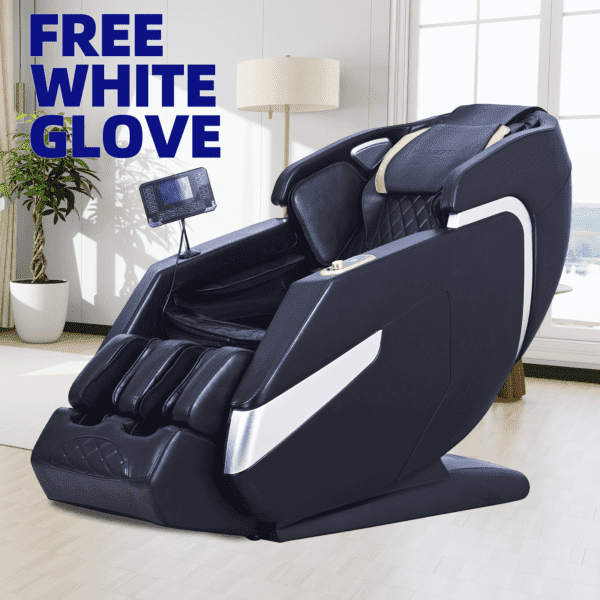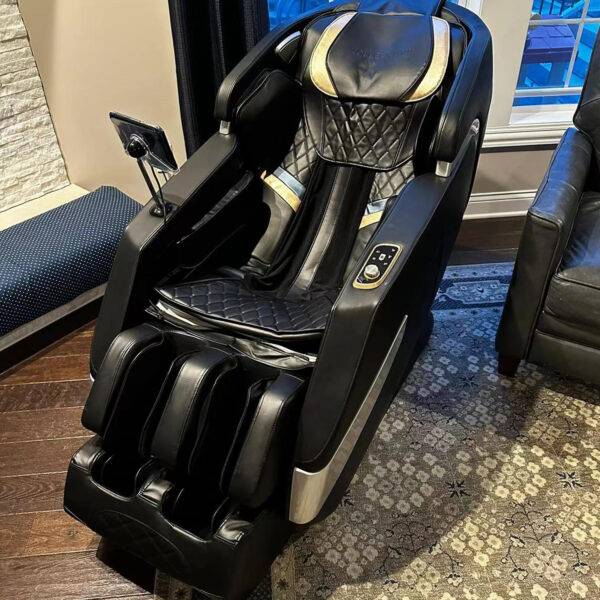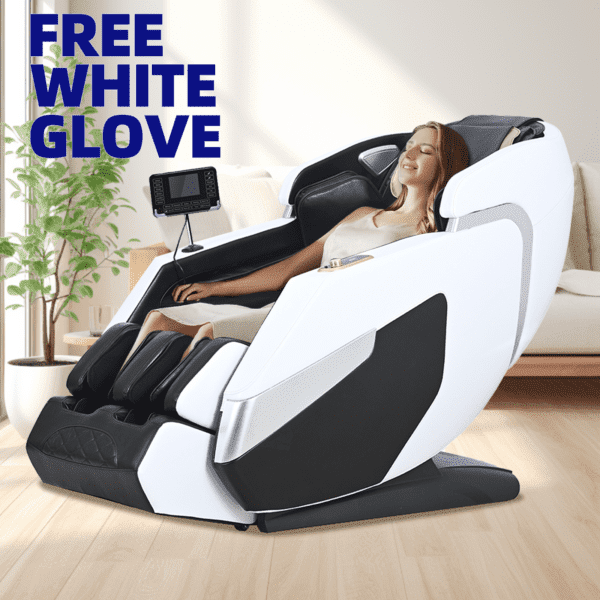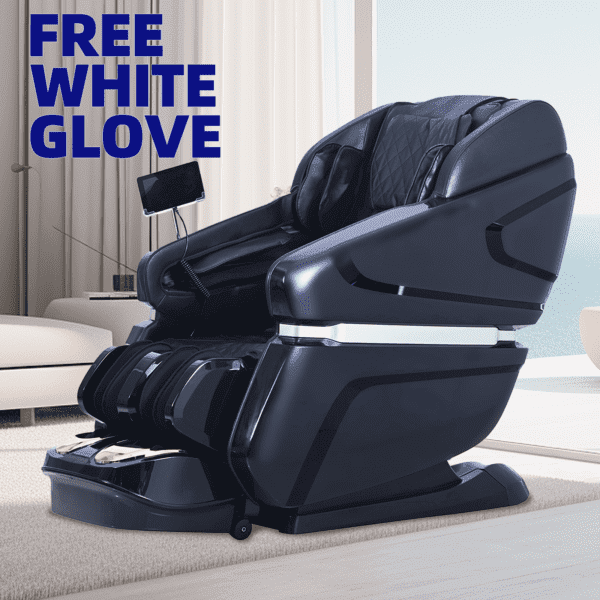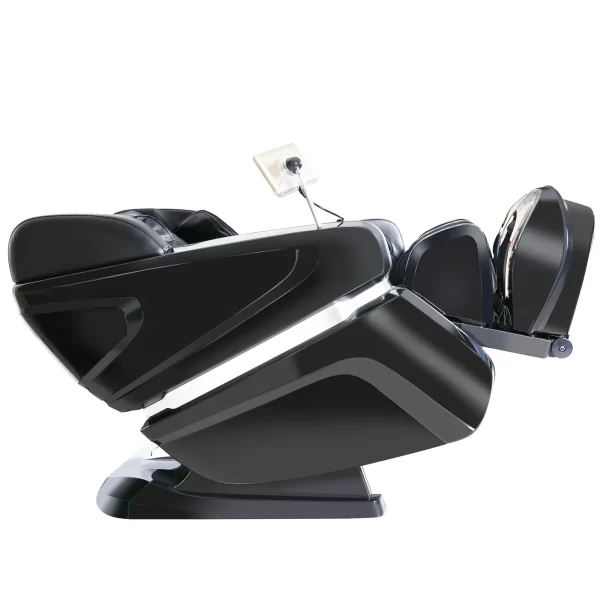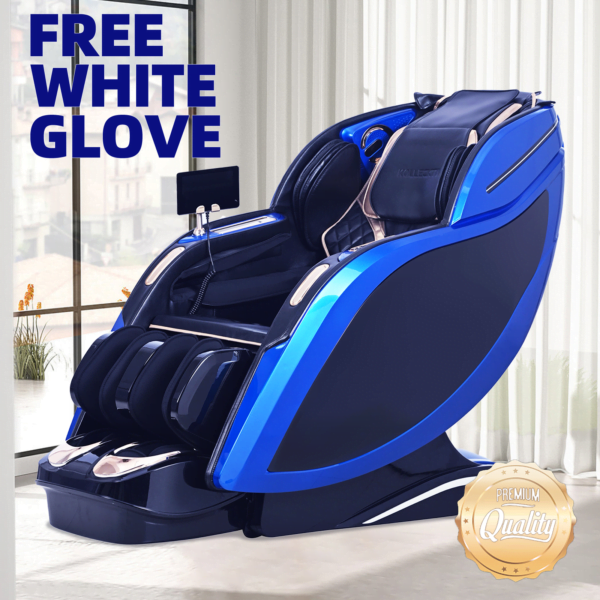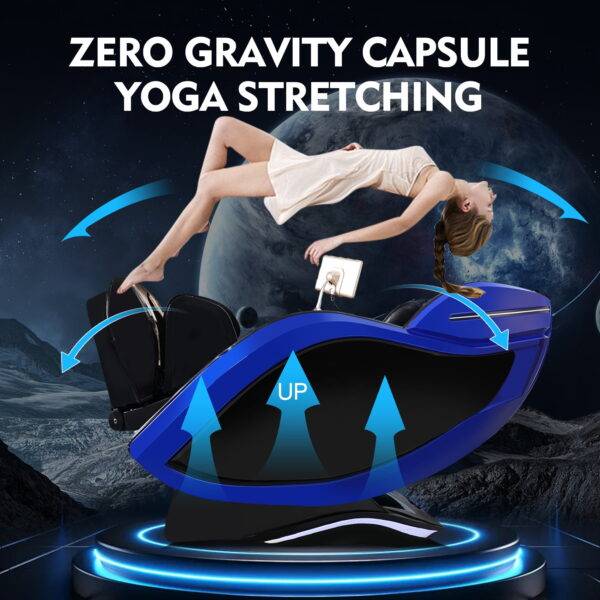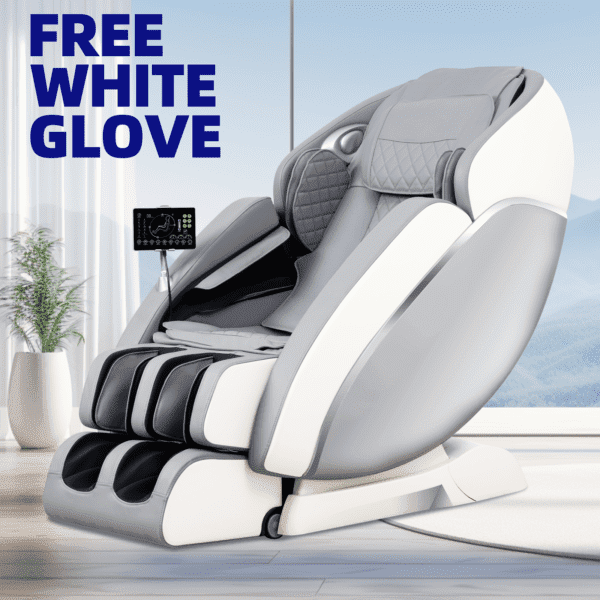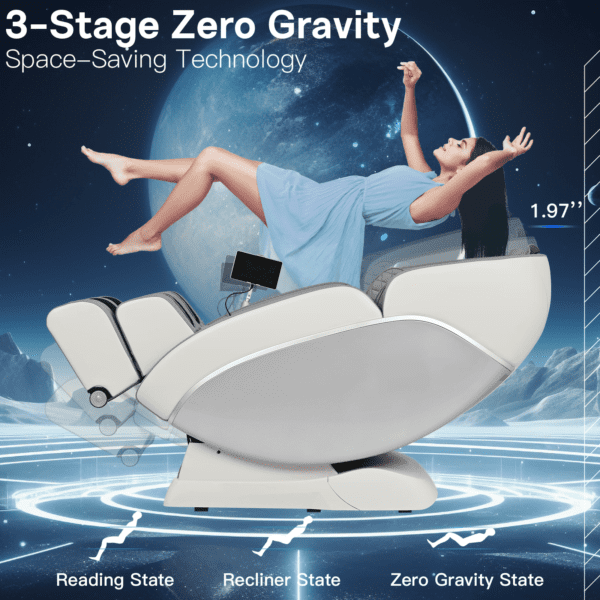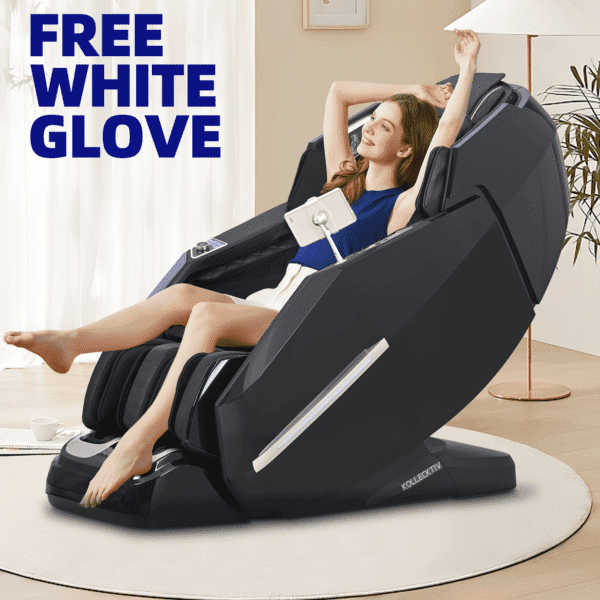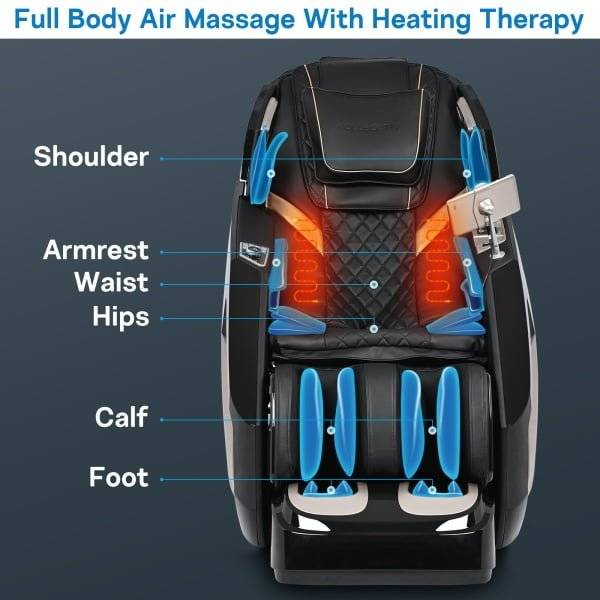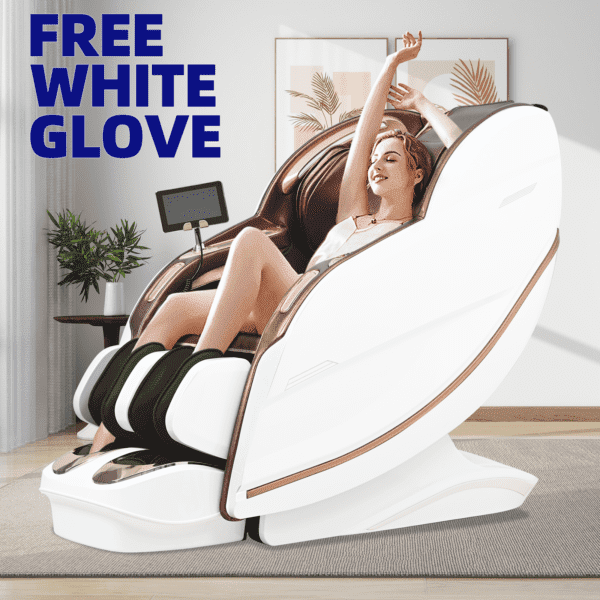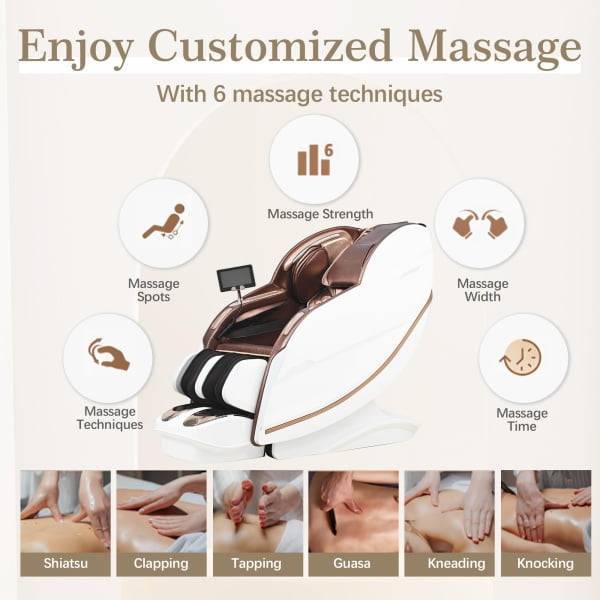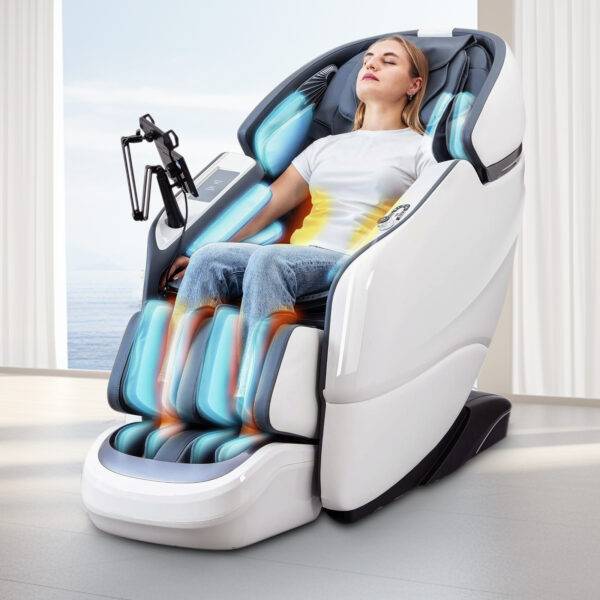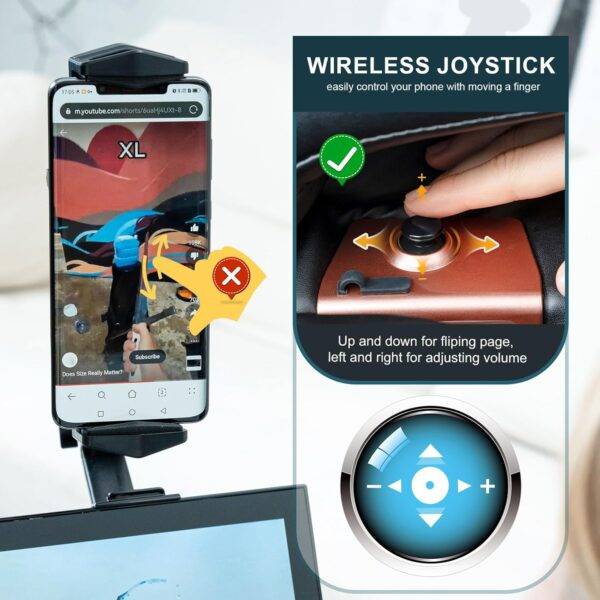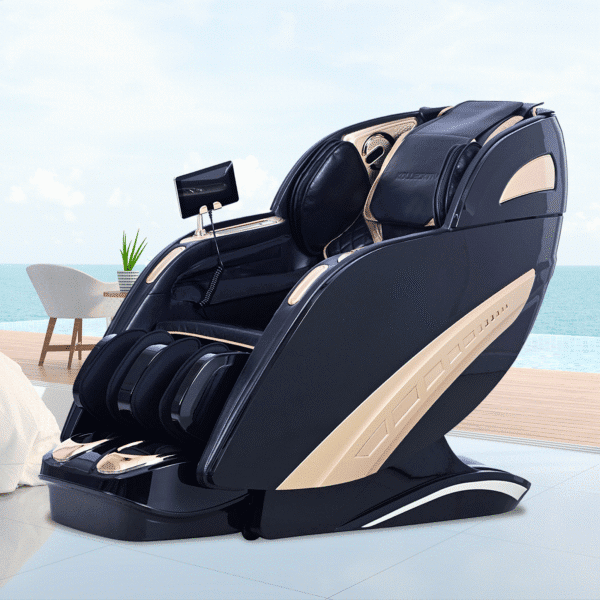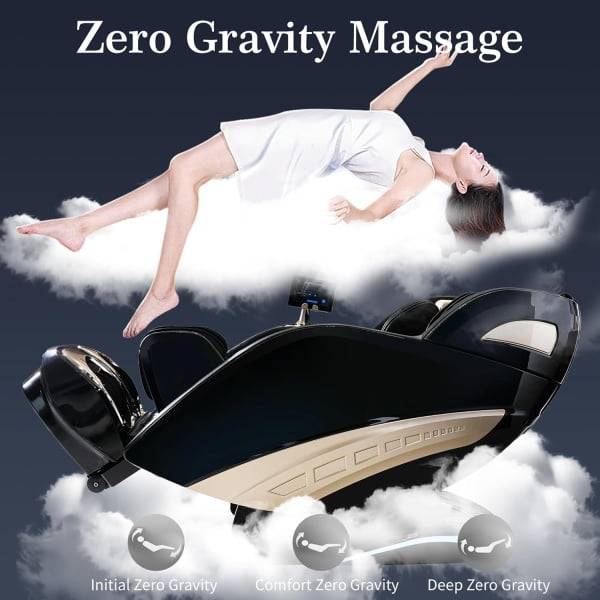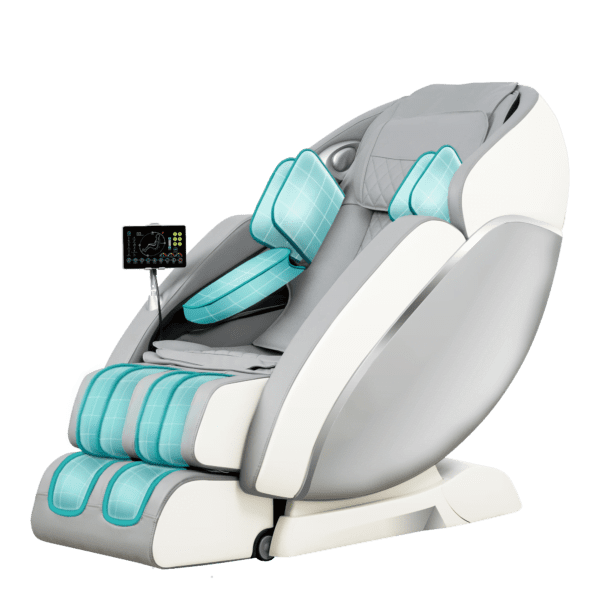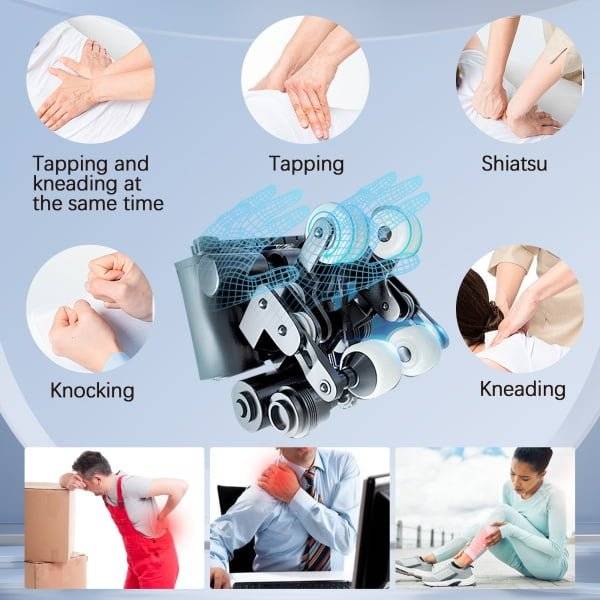Are there any health conditions I should be aware of before using a massage chair?

Massage chairs offer a tempting oasis of relaxation in our busy lives. Their kneading rollers and rhythmic motions can melt away stress and tension, leaving you feeling refreshed. But before you sink into that comfy embrace, it’s important to consider if a massage chair is right for you, especially if you have any underlying health conditions.
Conditions Requiring Caution:
Heart Disease and High Blood Pressure: The pressure and stimulation from a massage chair can elevate your heart rate and blood pressure. If you have pre-existing heart conditions or uncontrolled hypertension, consult your doctor before use. They can advise on appropriate settings or if a massage chair is best avoided altogether.
Blood Clots (Thrombosis): Massage can dislodge blood clots, leading to serious complications. If you have a history of blood clots or are at an increased risk, avoid massage chairs entirely.
Osteoporosis or Brittle Bones: The strong kneading action of some massage chairs might be too much for those with osteoporosis or weakened bones. The pressure could potentially cause fractures. Discuss the safety of massage chairs with your doctor if you have concerns about bone density.
Recent Injuries or Sprains: While massage can promote healing in the later stages of injury recovery, using a massage chair too soon after an injury can worsen inflammation and pain. Allow proper healing time before indulging in a massage chair session.
Pregnancy: The increased blood flow from massage chairs can be risky during pregnancy, especially in high-risk cases. It’s best to err on the side of caution and consult your doctor before using a massage chair while pregnant.
General Safety Tips:
Start Low and Slow: Even if you’re healthy, it’s wise to begin with a low-intensity massage and gradually increase pressure as tolerated. This allows your body to adjust to the stimulation.
Listen to Your Body: Pay attention to how you feel during and after the massage. Discomfort, pain, or dizziness are signs to stop the session.
Hydrate: Drink plenty of water before and after using a massage chair, especially if you have any concerns about blood pressure or circulation.
Communicate with Your Doctor: If you have any underlying health conditions, even if not mentioned here, discuss massage chair use with your doctor. They can provide personalized guidance based on your specific situation.
Remember, massage chairs are a fantastic tool for unwinding, but prioritizing your health comes first. By understanding any potential risks and following safety guidelines, you can ensure a truly relaxing and enjoyable massage chair experience.
[Affordable] Kollecktiv 205 Zero Gravity 4D Massage Chair Full Body Massager with Heat
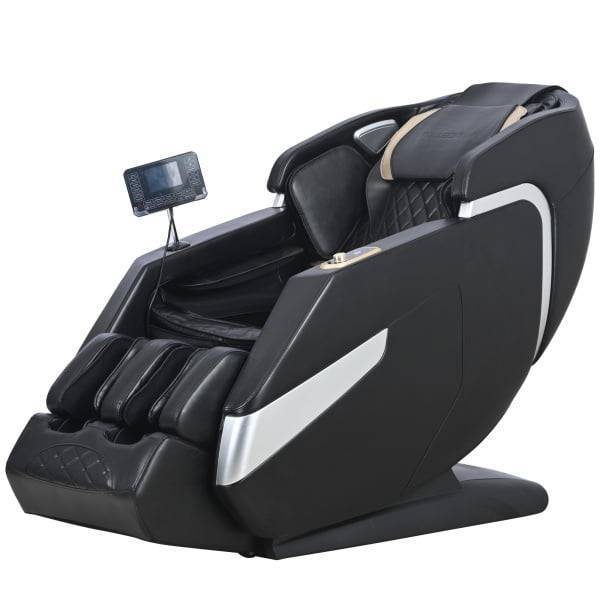 205Black
205Black
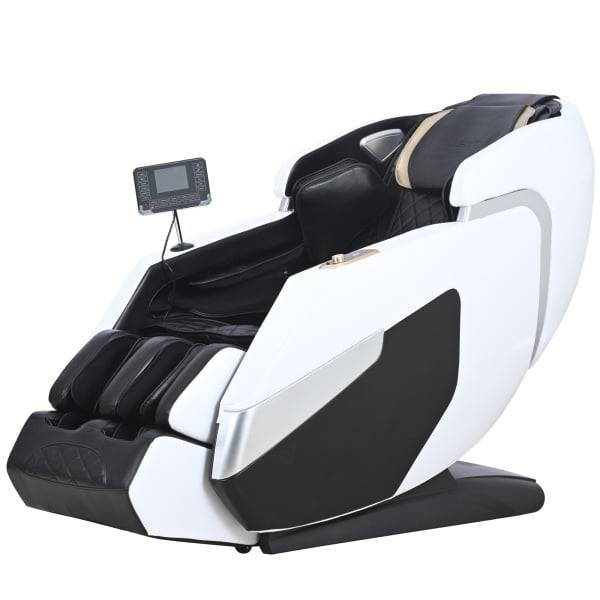 205White
205White
[Affordable] Kollecktiv 205w 4D Massage Chair Full Body SL Track
 205Black
205Black
 205White
205White
[Clearance] Kollecktiv 201 Zero Gravity 4D Massage Chair Full Body
Original price was: $6,499.00.$2,399.00Current price is: $2,399.00.Estimated delivery between 2025/07/06 - 2025/07/09
[Clearance] Kollecktiv 204 Heated 4D Massage Chair Full Body Zero Gravity
Original price was: $6,499.00.$2,499.00Current price is: $2,499.00.Estimated delivery between 2025/07/06 - 2025/07/09
[Exclusive] Kollecktiv 101a 4D Massage Chair Full Body Zero Gravity
Original price was: $5,499.00.$1,899.00Current price is: $1,899.00.Estimated delivery between 2025/07/06 - 2025/07/09
[Flagship] Kollecktiv 301 Luxury 4D+5D Massage Chair Full Body 57″ SL Track Yoga Stretching
Original price was: $8,999.00.$3,999.00Current price is: $3,999.00.Estimated delivery between 2025/07/06 - 2025/07/09
[Flash Deal] Kollecktiv 203 Royal 4D Full Body Massage Chair Zero Gravity White
Original price was: $6,599.00.$2,399.00Current price is: $2,399.00.Estimated delivery between 2025/07/06 - 2025/07/09
[New] Kollecktiv G6 Massage Chair Full Body, Zero Gravity Recliner with Phone Controller and Holder
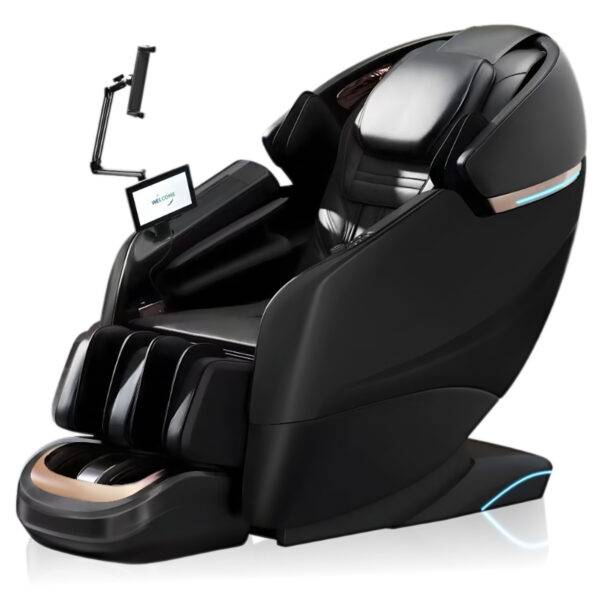 Black-G6
Black-G6
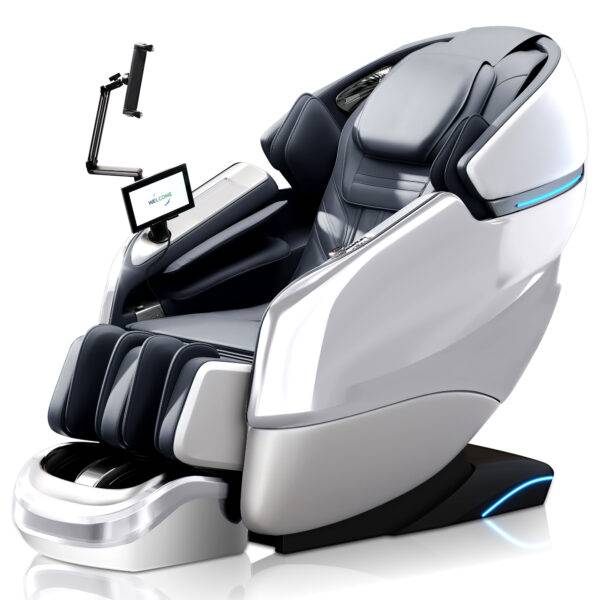 White-G6
White-G6
[Premium] Kollecktiv 202 Zero Gravity 4D Massage Chair Full Body
Original price was: $6,499.00.$2,899.00Current price is: $2,899.00.Estimated delivery between 2025/07/06 - 2025/07/09
ZMZ 4D Massage Chair Zero Gravity Full Body Compact Massage Chair (Gray)
Original price was: $5,499.00.$2,099.00Current price is: $2,099.00.Estimated delivery between 2025/07/06 - 2025/07/09


